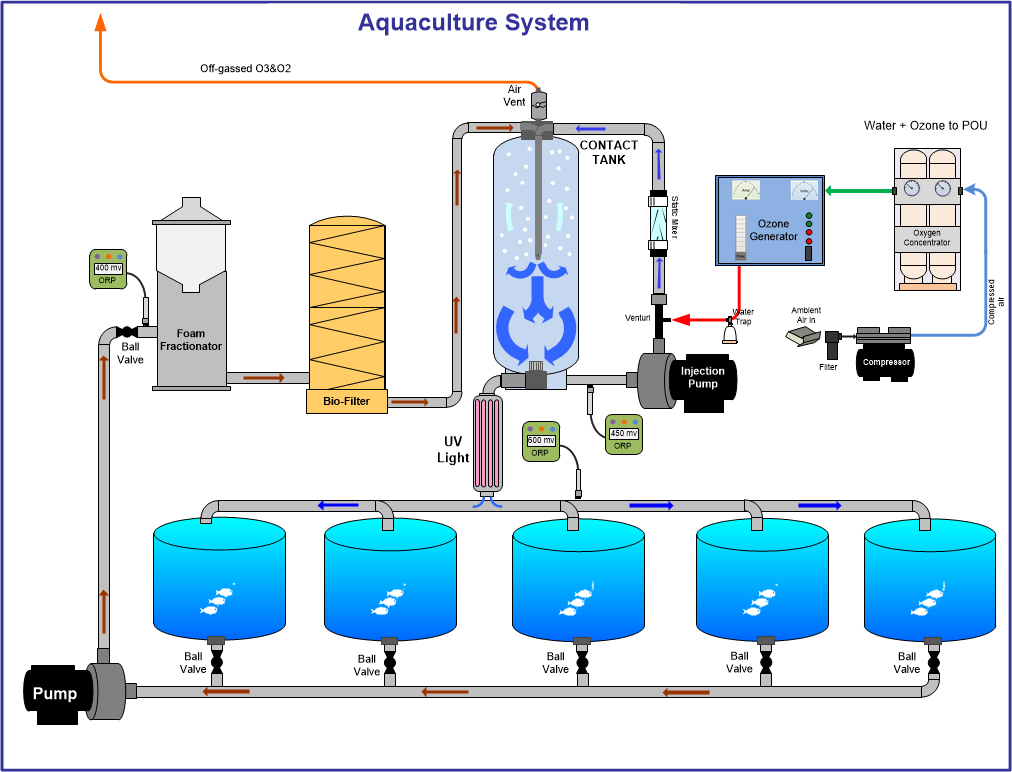Hey guys, I really need your help. I am a mechanical engineer tasked with designing and configuring a self-regulating Saltwater Aquarium but unfortunately I know nothing about aquariums (Well, not true, ive been reading up a bit, but id still consider myself completely ignorant on the subject).
To clarify a bit more, right now I am still in the research phase and to be honest, I am not finding that much success, not that there isnt any information but for the fact, that I dont really know what exactly NEEDS to be regulated. Ive been brainstorming for almost an hour now after some basic reading about Saltwater aquariums and so far this is what Ive got.
Theory behind the Aquarium
To clarify a bit more, right now I am still in the research phase and to be honest, I am not finding that much success, not that there isnt any information but for the fact, that I dont really know what exactly NEEDS to be regulated. Ive been brainstorming for almost an hour now after some basic reading about Saltwater aquariums and so far this is what Ive got.
Theory behind the Aquarium
- Parameters to control
- Water Quality
- Temperature of the room?
- Feeding
- Imbalances of the biological system
- Types of Saltwater Aquariums
- Water Filtration
- Biological Aspects behind the aquarium (e.g. Cycling a Saltwater Aquarium or Nitrogen Cycle)
- Sensitivity Analysis
- Size of the Aquarium and how that affects the parameters that need to be controlled.
- Light sources



















